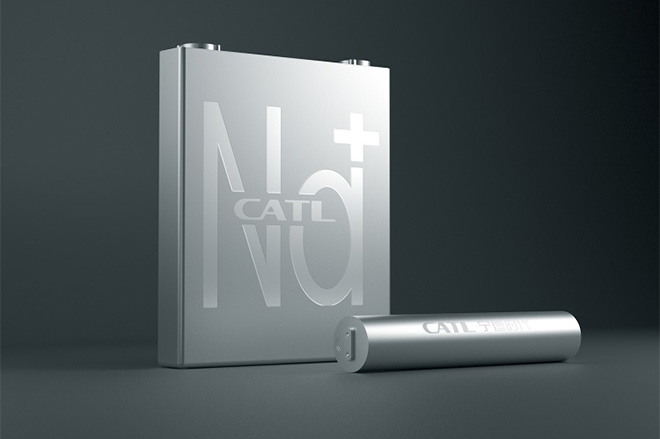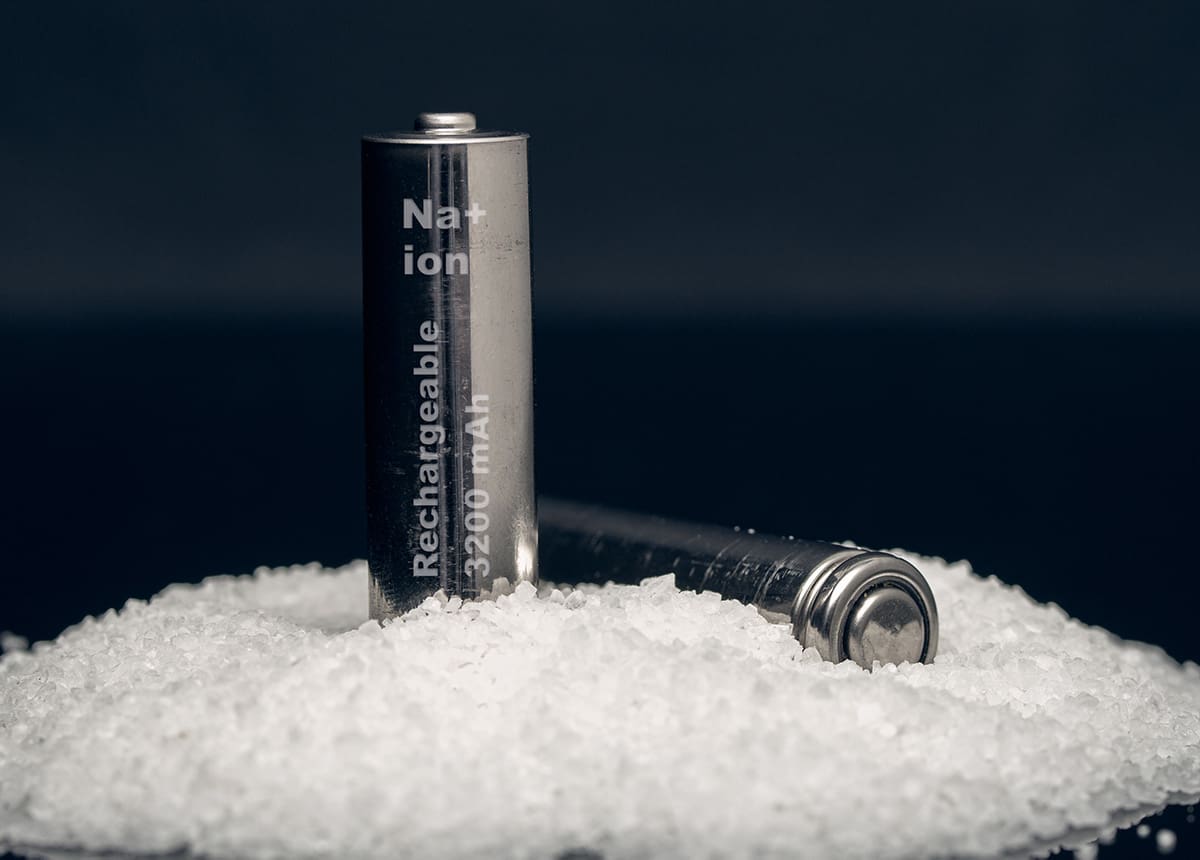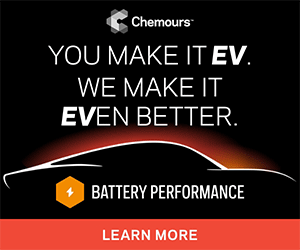Sodium-ion batteries have long been touted as a possible successor to the lithium-ion kind—they may have lower energy density, but they rely on more abundant sodium rather than lithium, perform better in cold temperatures, and above all, tend to be cheaper.
Now, after years of anticipation, cars equipped with sodium-ion batteries have begun rolling off production lines. As is so often the case in today’s EV industry, this innovation has been brought into practical use not in the US or Europe, but in China.
Battery maker Farasis Energy reports that JMEV, an EV brand owned by Jiangling Motors Group, began producing sodium-powered EVs in December.
The compact JMEV EV3 comes in several variants—lithium-ion versions have a battery pack capacity of 31.15 kWh and a range of 301 km (CLTC). The model’s sodium battery version has a smaller battery pack (21.4 kWh) and a shorter range (251 km), but it sports a lower price tag: RMB 58,800 ($8,300) compared to RMB 62,800-66,800.
Farasis says its current sodium-ion batteries offer specific energy in the range of 140-160 Wh/kg. The company plans to launch a second generation of sodium-ion batteries in 2024 with specific energy of 160-180 Wh/kg, and hopes to reach 180-200 Wh/kg by 2026.
Also in December, Hina Battery announced that a sodium-ion-equipped Yiwei 3 hatchback from Anhui Jianghuai (aka JAC, a company 50% owned by the Volkswagen Group), rolled off the line, and that volume deliveries will begin presently.

Many Chinese automakers are developing sodium-ion batteries. BYD recently announced a 30 GWh sodium battery plant in Xuzhou in a joint venture with Huaihai Group. CATL has shown some sodium-ion prototypes, but hasn’t yet announced mass production plans.
Xia Shunli, Chairman of Yiwei, said: “Sodium-ion batteries will become an important battery type, complementary to LFP batteries, and a low-cost solution that promotes the popularization of mass electric vehicles to masses.”
Sources: CnEVPost, CarNewsChina


